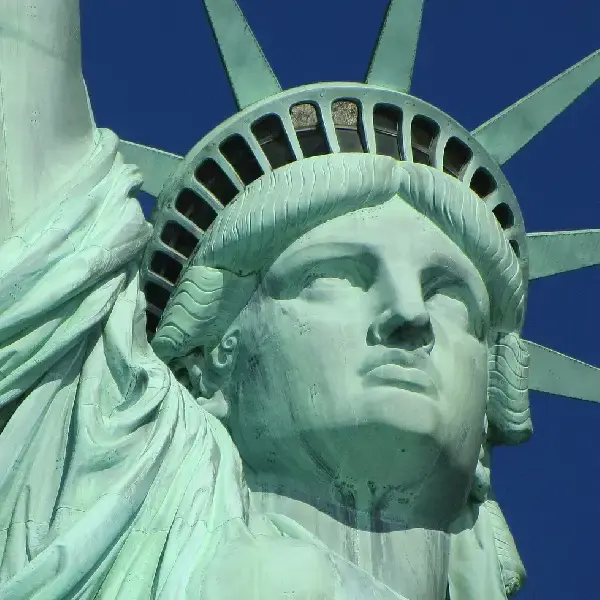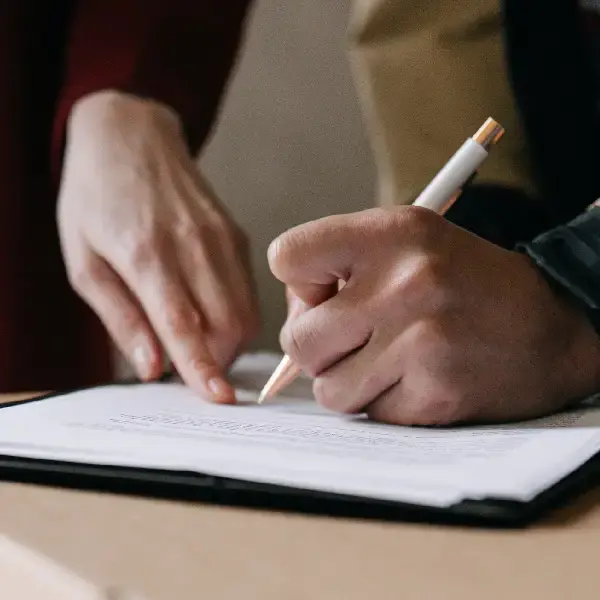Your Las Vegas Attorney.
For personal injury, immigration, estate planning, and more.
Get your free consultationFor personal injury, immigration, estate planning, and more.
Get your free consultationWe strive to offer the best client service, starting from the moment of your free consultation until your case is closed. If you find yourself in need of a Las Vegas attorney, Hwang Law Group is ready and happy to assist in getting you the Nevada legal assistance that you need.
Founding attorney Tin Hwang was voted as one of the “10 Best Attorneys” by both the American Institute of Personal Injury Attorneys and the American Institute of Family Law Attorneys in Nevada. Hwang Law Group has the knowledge and experience to handle your legal matter with the utmost professionalism and care.
With over two decades of experience combined, our Las Vegas attorneys have the knowledge and expertise to handle even the most complex legal matters. Trust us to navigate the legal system and fight for the best possible outcome in your case.
At our law firm, we understand the importance of clear and consistent communication with our clients. We pride ourselves on our ability to explain complex legal matters in plain language and provide frequent updates on the progress of our clients' cases.
As an award winning law firm, Hwang Law Group's team of Las Vegas attorneys and staff are ready and proven capable to help you with a wide assortment of Nevada legal needs. Check out the following nonexhaustive list of Hwang Law Group's practice areas.





At Hwang Law Group, we are your trusted Las Vegas Injury Attorneys, dedicated to providing expert legal support for personal injury cases. With a history of successful outcomes and a commitment to our clients' well-being, we stand as your advocates in navigating the complexities of personal injury law.
Facing the aftermath of a personal injury can be a daunting experience. The legal complexities, insurance negotiations, and the quest for rightful compensation can quickly become overwhelming. While some individuals may consider handling their personal injury cases on their own, the numbers and facts tell a different story. Here's why choosing Hwang Law Group as your trusted Las Vegas injury attorneys is the wise and practical choice for personal injury cases, including car accidents, slip and falls, motorcycle accidents, truck accidents, bicycle accidents, and dog bites.
It's no secret that personal injury law is a complex field with intricate nuances that are often unknown to the average person. Legal procedures, statutes of limitations, and the maze of court rules can quickly become a bewildering landscape. Hiring a seasoned injury attorney is your key to navigating this terrain successfully. At Hwang Law Group, we have in-depth knowledge and experience in personal injury law. We understand the intricacies, the deadlines, and the legal tactics needed to build a robust case on your behalf. Provide yourself with valuable insights by reading our detailed article to learn more about the common types of Las Vegas injuries and their claims.
One of the most compelling reasons to hire an injury attorney is the potential for higher compensation. The facts are clear: individuals who seek legal representation in personal injury cases typically receive significantly larger settlements than those who opt for self-representation. Insurance companies often make lowball offers to unrepresented claimants, hoping to save money. A skilled injury attorney knows how to negotiate effectively and secure the rightful compensation you deserve. To understand what steps you need to take after a car accident to help increase your chances of getting the maximum compensation, you can read our article 'Las Vegas Car Accidents and Injury: What You Need to Know.' Notably, a significant portion of our firm's injury cases are related to car accidents, which means we have extensive experience in dealing with such cases.
In the pursuit of justice, Hwang Law Group stands as your unwavering advocate. We are not just attorneys; we are your dedicated partners in the journey towards recovery. We have a proven track record of exceptional client service, with accolades such as "10 Best Attorneys" from the American Institute of Personal Injury Attorneys, recognizing our commitment to you, our clients. When you choose Hwang Law Group, you're choosing a team with a history of achieving successful outcomes and a relentless dedication to securing the best possible result in your personal injury case.
If you're in search of an injury attorney in Las Vegas or a car accident attorney in Las Vegas, Hwang Law Group is here to help you through your challenging time.
Contact Our Las Vegas Injury Attorneys Today.Watch and hear from our clients about their car accident injury experiences with Hwang Law Group. Discover how our Las Vegas Injury Attorneys helped them and how we can help you too.
At Hwang Law Group, we believe that providing great work product will lead to happy, returning clients. This is the reason why our law firm consistently earns 5-star reviews on all the major review platforms.